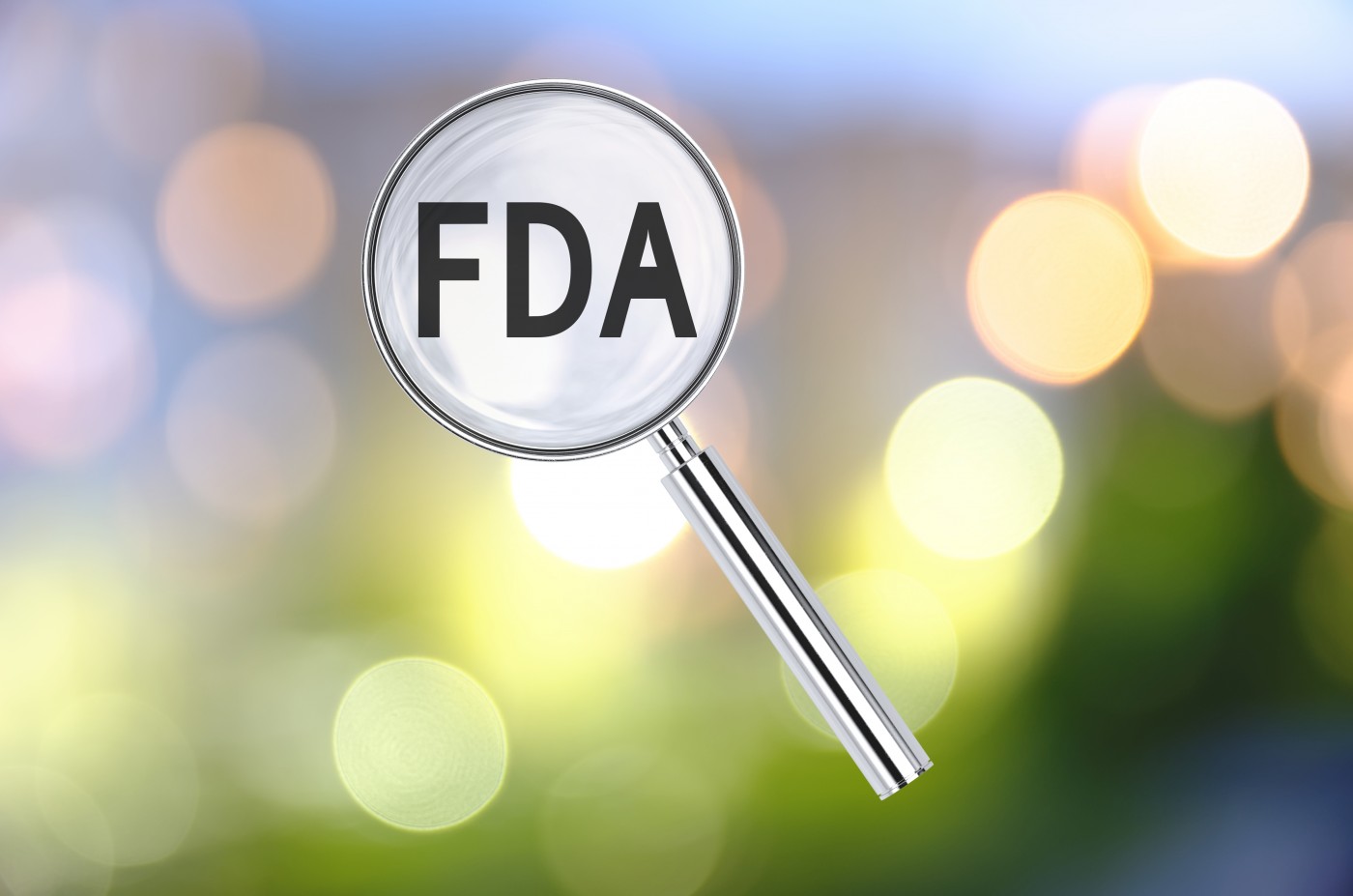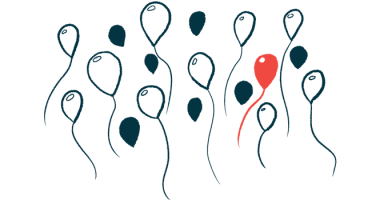Alnylam Submits New Drug Application to FDA Seeking Approval of Givosiran for Acute Hepatic Porphyria

Alnylam Pharmaceuticals has completed its submission of a new drug application (NDA) to the U.S. Food and Drug Administration (FDA), seeking the approval of givosiran for the treatment of acute hepatic porphyria (AHP).
Givosiran, also known as ALN-AS1, is an investigational RNA-based therapy designed to block the activity of the aminolevulinic acid synthase 1 (ALAS1) enzyme, preventing the accumulation of toxic molecules that cause AHP. RNA is generated from DNA and used as the template for protein production.
After receiving breakthrough therapy designation from the FDA and priority medicines, or PRIME, designation from the European Medicines Agency (EMA), as well as orphan drug status from both regulatory agencies, givosiran is taking the next step toward possible approval in the U.S.
Anylam’s NDA submission to the FDA was based on data from the company’s multicenter, randomized, double-blind, placebo-controlled Phase 3 trial (NCT03338816), called ENVISION.
The trial was designed to compare the effects of givosiran, at a dose of 2.5 mg/kg administered by a subcutaneous (under-the-skin) injection once a month, and a placebo on the rate of porphyria attacks in 94 AHP patients, including 89 with acute intermittent porphyria (AIP).
Early data from an interim analysis of the trial involving 41 patients showed that treatment with givosiran significantly decreased the levels of aminolevulinic acid (ALA), a key biomarker of AHP, in the patients’ urine, compared with the placebo.
Full updated data from the trial showed that patients treated with givosiran had a 74% lower annual rate of porphyria attacks than those treated with a placebo. In addition, givosiran lowered the levels of ALA in the patients’ urine by 92%, which was in agreement with previous interim findings.
After completing the six-month treatment period, 99% of the patients participating in ENVISION decided to continue treatment with givosiran for an additional 30 months in an open-label extension study.
Givosiran was found generally safe and well-tolerated by patients. No new safety concerns were reported over the course of the study. The most common adverse events reported during the trial in patients treated with givosiran included nausea, injection site reactions, abnormal kidney function, and fatigue.
“We’re very pleased to have completed our NDA filing for givosiran, just 90 days since reporting our positive topline ENVISION Phase 3 study results, consistent with our commitment to bring givosiran to patients as rapidly as possible. ENVISION demonstrated that givosiran substantially reduced the annualized rate of composite porphyria attacks, relative to placebo, with an overall safety and tolerability profile that we believe is encouraging in the context of this high unmet need disease,” Akin Akinc, PhD, vice president and general manager of the Givosiran Program at Alnylam, said in a press release.
“Based on these results, we believe givosiran has the potential to be a life-changing medicine for patients living with AHP. With this submission, we are now one step closer to achieving our goal of providing a new therapeutic option for the treatment of AHP. We look forward to working with the FDA and other global regulatory agencies to bring this medicine to patients,” Akinc added.
Alnylam is planning to file a marketing authorization application to the EMA seeking the approval of givosiran for the same indication in Europe later this year.






